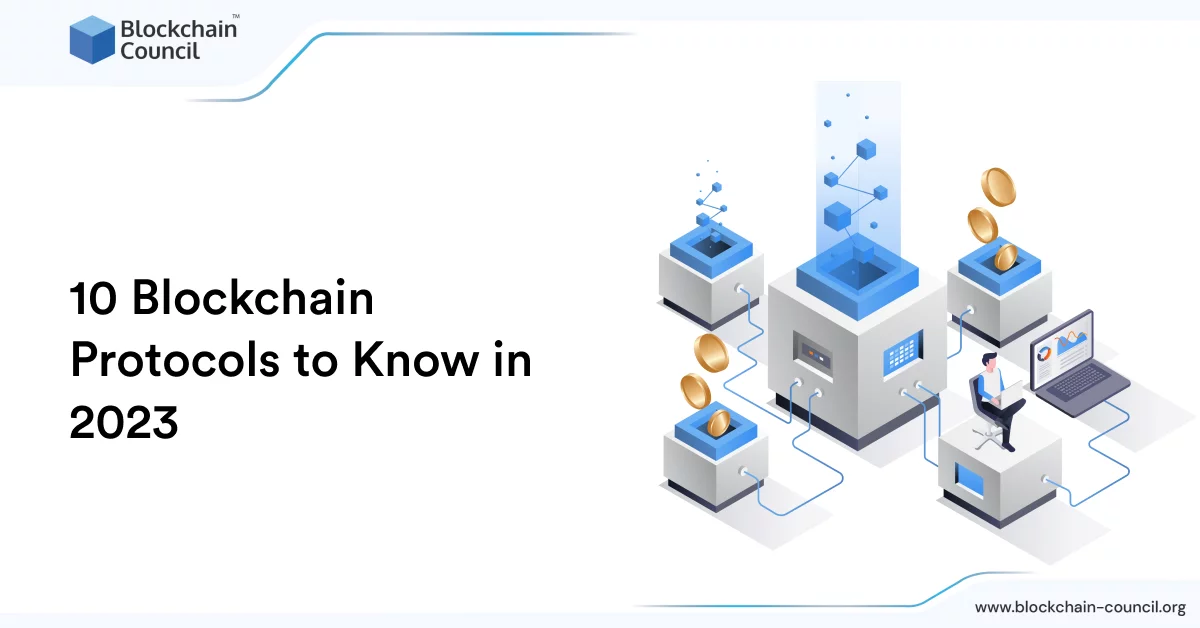
- Toshendra Kumar Sharma
- June 04, 2020
Curious to learn how blockchain is driving new opportunities in the automobile industry? You have landed on the right page as this article is a one-stop destination for everything you are looking for.
Learning Of Blog
- Overview of Blockchain
- Blockchain in revamping mobility
- Conclusion
Overview of Blockchain
Blockchain technology follows a decentralized approach that has brought a new perspective as it believes in frictionless sharing and building trust among two parties. The technology emphasis that mediator should not be given the liberty to charge transaction fees for their services. The transformation towards the blockchain’s decentralized network is poised to change the future, with the advantages of trust and transparency, reduction of fraud risk, and elimination of intermediary transaction costs.
Blockchain has the potential to transform almost all domains such as asset management, healthcare, supplychain management, and more; thus, the transportation domain is no more an exception. Blockchain developers are constantly looking for ways to enhance the transportation industry in terms of increasing efficiency, improving security, reducing costs, and environmental impact.
The blockchain domain is expanding, and it is no more a hype word. If you have ever thought about taking your career in the blockchain domain, this is the right time to invest your crucial time in blockchain certification and become a blockchain developer.
Blockchain in Revamping Mobility
Gone are the days when blockchain was used only in the finance sector. Today, this technology is poised to have a far-reaching impact on the mobility and commerce sectors too. Let’s explore how blockchain can play a major role in revolutionizing the mobility domain.
Track and verify automotive parts
Sometimes in the automobile industry, authentic-looking but inferior fake parts can enter the supply chain and end up in dealer service centers. To fight against the fraud, the automaker may use multiple layers of anti-fraud technologies and processes, but this is not an adequate solution for sure. By implementing blockchain technology, a unique ID for every part can be created and recorded, along with immutable timestamps from the time of creation. Crypto-enabled tags that communicate directly with the blockchain can be embedded instantly into the part to add another layer of authenticity protection. Thus, data can be made accessible to the owner of the vehicle to verify which parts have been replaced, for the manufacturer to produce recalls efficiently, or to the service center to know when a part has touched its usage limit.
Streamlined supply chain process
Every industry, from banking to manufacturing, faces the issue of a complex IT network to meet the needs of the business. Blockchain offers the opportunity to simplify such complexities. As blockchain enforces a single source of truth, in real-time, liability of two systems having conflicting information dreadfully reduces. In the automobile industry, the manufacturing process involves an incredible number of components, stakeholders, companies, and other processes. But blockchain technology can eradicate such problems and can increase transparency within supply chain processes in the mobility sector by tracking sales, service, and repairs that can help every stakeholder in the process to get a clear picture with more accountability of the supply chain.
Blockchain’s Smart Contracts
Corruption has always been a major concern around contracting, but smart contracts (a self-executing contract) mitigate the risk of corruption to a great extend. Smart contracts are based on a blockchain; thus, the blockchain’s transparency is conferred to its code. All terms and conditions coded into the smart contract are always visible to the parties, and there is no confusion or hidden facts. Also, with smart contract technology, the role of mediators or intermediaries will be nullified as contracts will be coded for automatic execution when a pre-defined set of conditions is met. Moreover, the immutability of smart contracts makes them extremely trustworthy and reliable.
Curious to learn more about the smart contract and become a certified smart contract developer? Check out the online certification courses here.
Enhancing Ride-Sharing Capabilities
There is no denying the fact that the traditional method of ride-sharing is monotonous. Talking about ride-sharing apps such as Uber and Ola, they been making money in the role of intermediaries and exploiting the drivers by taking a hefty share of their earnings. With the adoption of blockchain technology, it is going to change things for the better. All thanks to the peer-to-peer system, with the help of which driver will earn money directly, and there will not be any delegate to take a part of their earnings. With P2P ride-sharing, blockchain technology can drive more opportunities and decrease individual costs for mobility, and disincentivize car ownership.
Conclusion
Thus with its transparency and immutability, the decentralized ledger technology builds a state of peacefulness in manufacturers, customers, and service centers, but the value of investing in this technology will depend on a company’s underlying strategic objectives as well as its capabilities and capacity. Though there will be challenges in integrating new technology at its initial phase but once implemented, it will change the way the mobility sector operates and performs.
To learn more about blockchain technology and to become a blockchain expert, check out the best blockchain certifications at Blockchain Council.





































































 Guides
Guides News
News Blockchain
Blockchain Cryptocurrency
& Digital Assets
Cryptocurrency
& Digital Assets Web3
Web3 Metaverse & NFTs
Metaverse & NFTs
